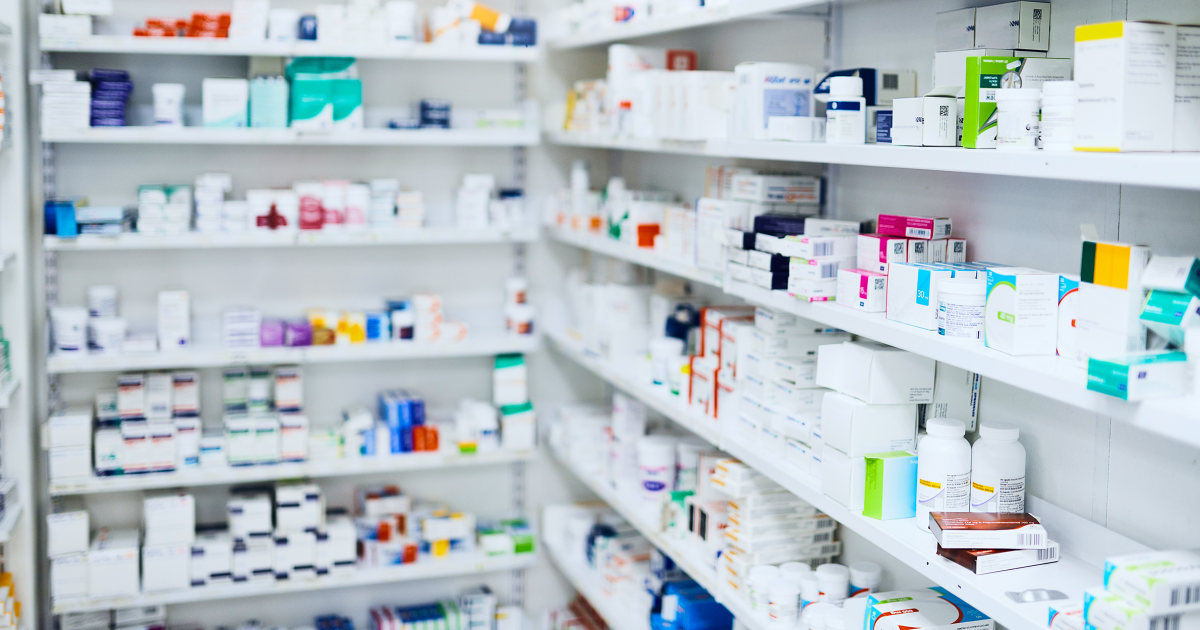Trump’s 100% Pharma Tariffs: October 1st Deadline Looms, Raising Patient Price Concerns
Trump’s 100% Pharma Tariffs: October 1st Deadline Looms, Raising Patient Price Concerns

As October 1st, 2025, rapidly approaches, President Donald Trump’s controversial policy imposing a 100% tariff on foreign brand-name drugs is set to take effect, leaving patients and experts grappling with significant uncertainty. Announced via Truth Social, the tariffs aim to compel pharmaceutical companies to build manufacturing plants in the United States, with exemptions only for those breaking ground or under construction.
This impending deadline has sparked a flurry of questions regarding the policy’s practical implications. Experts highlight a lack of clarity on which specific drugs will be impacted, whether existing U.S. manufacturing by companies like Novo Nordisk and Eli Lilly (makers of Wegovy and Zepbound) will warrant full exemption, and the fate of popular drugs like Botox and Keytruda, largely produced overseas.
A major concern revolves around potential price hikes for the 1 in 10 Americans who rely on brand-name prescriptions. While generics remain unaffected, analysts warn that drugmakers may pass the steep 100% tariff costs directly to consumers or through higher insurance copays. Furthermore, the notion that these tariffs will swiftly boost U.S. drug manufacturing is largely dismissed by experts, who point to the multi-year timelines and vast investments required for new facilities. While widespread shortages for major brand-name drugs are deemed unlikely due to high profit margins, smaller companies producing niche products could face significant challenges, potentially impacting availability. The ambiguity surrounding exemptions and implementation details continues to fuel anxiety just days before the policy’s activation.
Disclaimer: This content is aggregated from public sources online. Please verify information independently. If you believe your rights have been infringed, contact us for removal.